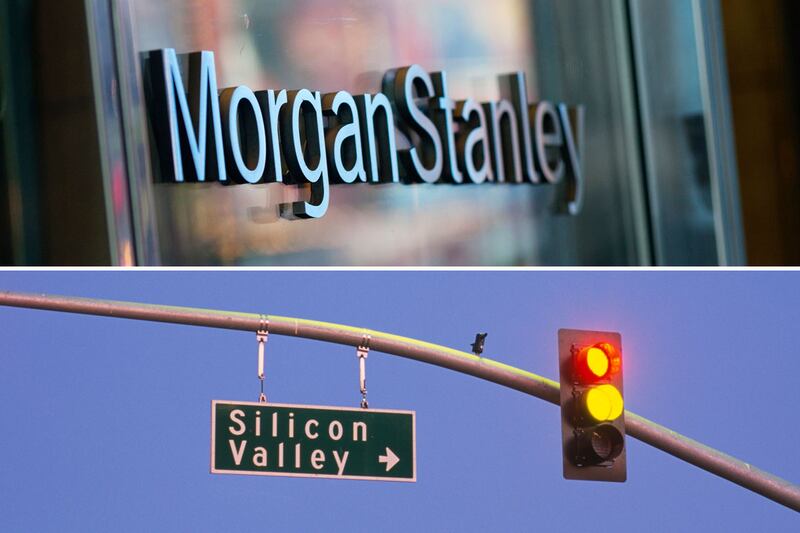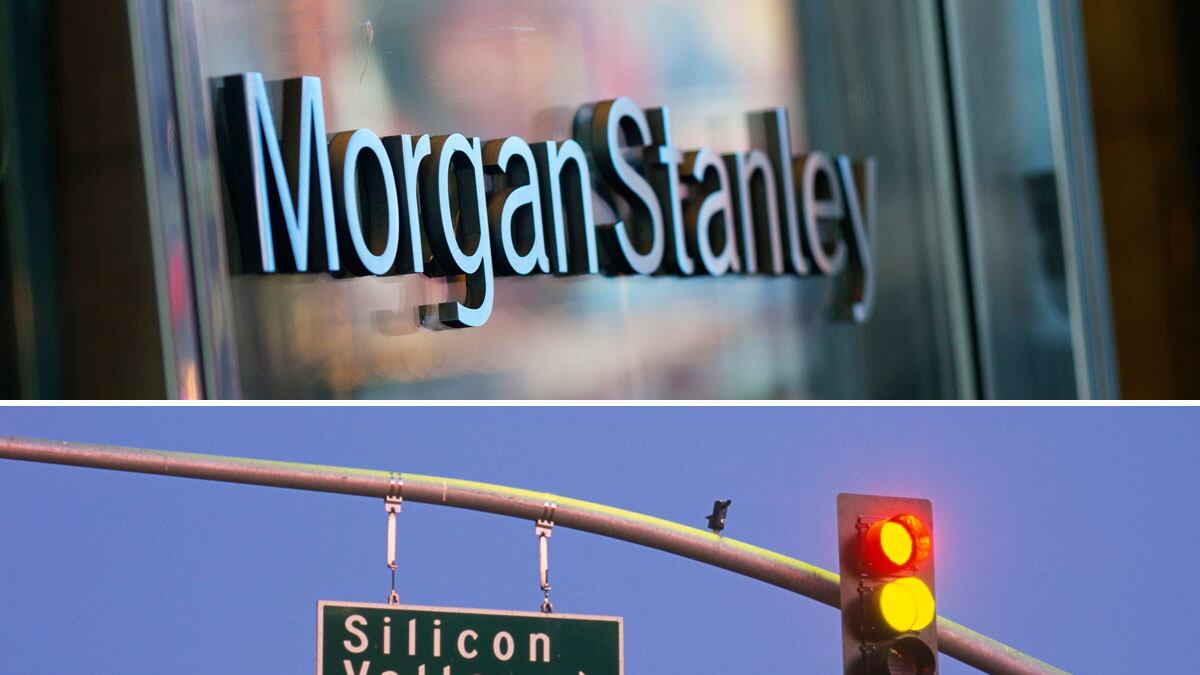It’s no secret that the media world is disproportionately represented by denizens of the East Coast, which also overlaps with the corridors of politics and finance. For the past years, these circles have been focused on financial crises, the fate of the euro zone, high unemployment, government debt, unbridled political partisanship, nuclear proliferation, and successive waves of market panic.
All valid concerns, but on the other side of the country, the ecosystem of Silicon Valley sees the world through a radically different lens. The focus is not on crisis and decline and imminent threats but on the burgeoning world of new technologies, which are enjoying a period of efflorescence that make the heady days of the 1990s look like amateur hour. And when those who populate that world listen to the gloom that suffuses the media and politics and finance, they often scratch their heads in bewilderment.
Nowhere was the contrast clearer than at one of the major technology conferences of the year, hosted by Morgan Stanley last week in San Francisco. Nearly 200 companies attended and presented their vision to prospective investors. Many of the names were familiar (Google, Intel, eBay); some are becoming household names (Salesforce.com, Netflix, Zynga); and others were more obscure (Square, Fusion-IO, Autodesk), though not for long. All, however, painted a world of radical change and lightning growth, with U.S. and international companies and consumers buying up whatever products and services are offered and showing no sign of a sated appetite or limited means.

Take Intel, which has been the leading maker of semiconductor chips for decades. You would think it might have settled into a quiet middle-aged company, slowing growth, nursing its franchise in the world of PCs. You would be very wrong. Not only does the company maintain committed to Moore’s Law, named after Intel founder Gordon Moore, of doubling the memory capacity of chips, it also has managed to increase its business substantially during the past three years, even as the global economy reeled. Revenue was $35 billion in 2009, $44 billion in 2010, and $54 billion in 2011, all that at a time when the growth of global PC sales has plateaued and in many countries declined as tablets have taken off.
It’s not just gaudy revenue numbers, however. Yes, most of the companies can boast billions, and none more than Apple or Google. Even Zynga, barely three years old, has 150 million users tapping away on its games on Facebook, and Salesforce.com, which creates software that has altered how most companies manage their sales and staff, recently landed its first nine-figure contract. Even more striking is the way these companies describe the world in almost utopian terms, as one that is becoming more efficient for companies, more empowering for individuals, and more beneficial for society.
Take Square cofounder Jack Dorsey, who also helped create Twitter. Square makes a small cube that attaches to tablets and mobile phones and becomes a credit-card swipe system. Asked about what matters to him, Dorsey will say things like: “Everything we do is about getting people to be more open, more creative, more courageous.” Or, “It’s empowering to be asked to look at what’s possible, not told how to do it.” You could put similar words in the mouths of the countless technology executives who swarmed the halls of the Morgan Stanley conference last week, or who routinely discuss their visions and ideas in one venue or another.
The typical East Coast reaction is eye rolling and an impatient dismissal of such visions as self-serving blather. There is also annoyance at what seems a double standard. Many of the people starting and running the companies of tech land are becoming extremely wealthy. Yet their multi-million-dollar (and at times, multiples of that) paychecks attract none of the animus reserved for Wall Street executives and the financial industry. There was no “Occupy Silicon Valley” movement where the 99 percent rose up against the 1 percent of Sand Hill Road and Atherton, where the average income is nearly five times the national average. No one in Washington is calling for the regulation of Silicon Valley, and there has been little hand-wringing about whether Google and Apple are too big to fail.
Even allowing for some self-serving visionary excess, tech land remains a source of real innovation and genuine competitive advantage. Too much energy and money may be going into social media (Facebook at $100 billion?) of still uncertain economic benefit. It is not clear how Zynga and Yelp will help the United States compete with China in years to come. But it is clear that the full suite of technology and Internet and communications are creating a fluid, innovative world of knowledge workers generating ideas for the next generation of smartphones and the next wave of robotics. Those in turn are allowing multinationals to startups to families and local government to deliver goods and services more efficiently, more rapidly, and more effectively.
Some of the most dynamic companies are building the infrastructure for “cloud computing,” which is likely to change the way we store, transmit, and access all information as dramatically as the PC revolution of the 1990s. Cloud computing, which can be as prosaic as storing all your songs “out there” to be accessed through WiFi or MyFi or WhateverFi, or as vital as centralized repositories of medical records and weather patterns, demands a new ecosystem of servers, routers, wireless infrastructure, and new protocols. It demands more attention to the security of data and information, and to the ease of accessing it. We are in the early stages, and adding up all thee various components, this will be a trillion-dollar global project lasting many years.
The dreams and realities of tech land seem to exist in a different universe from the withering of industrial America, from the tumbleweeds of deserted Detroit and the vast uninhabited, foreclosed subdivisions of Florida and Arizona. They exist even in a different realm from the Central Valley of California, just over the hills and a world away. But we are by now quite well versed in our collective challenges and our many problems. Americans are much less well steeped in the many strengths of tech land.
The optimism and future gazing that characterizes those companies and the hundreds of thousands who create them and power them is the same motive force that propelled the United States to such affluence in the past and that now power societies as diverse as Brazil, Indonesia, and China. Yes, there are real weakness, real problems, in politics, in finance, in business, in the world. We know that; we hear about it every day on the campaign trail and in our daily doses of culture. Putting on the rose-tinted glasses of Silicon Valley doesn’t make those problems disappear, but it may make them problems to be solved, rather than issues that paralyze.






